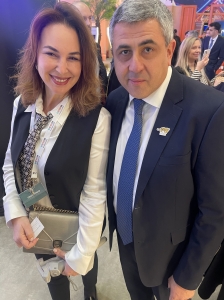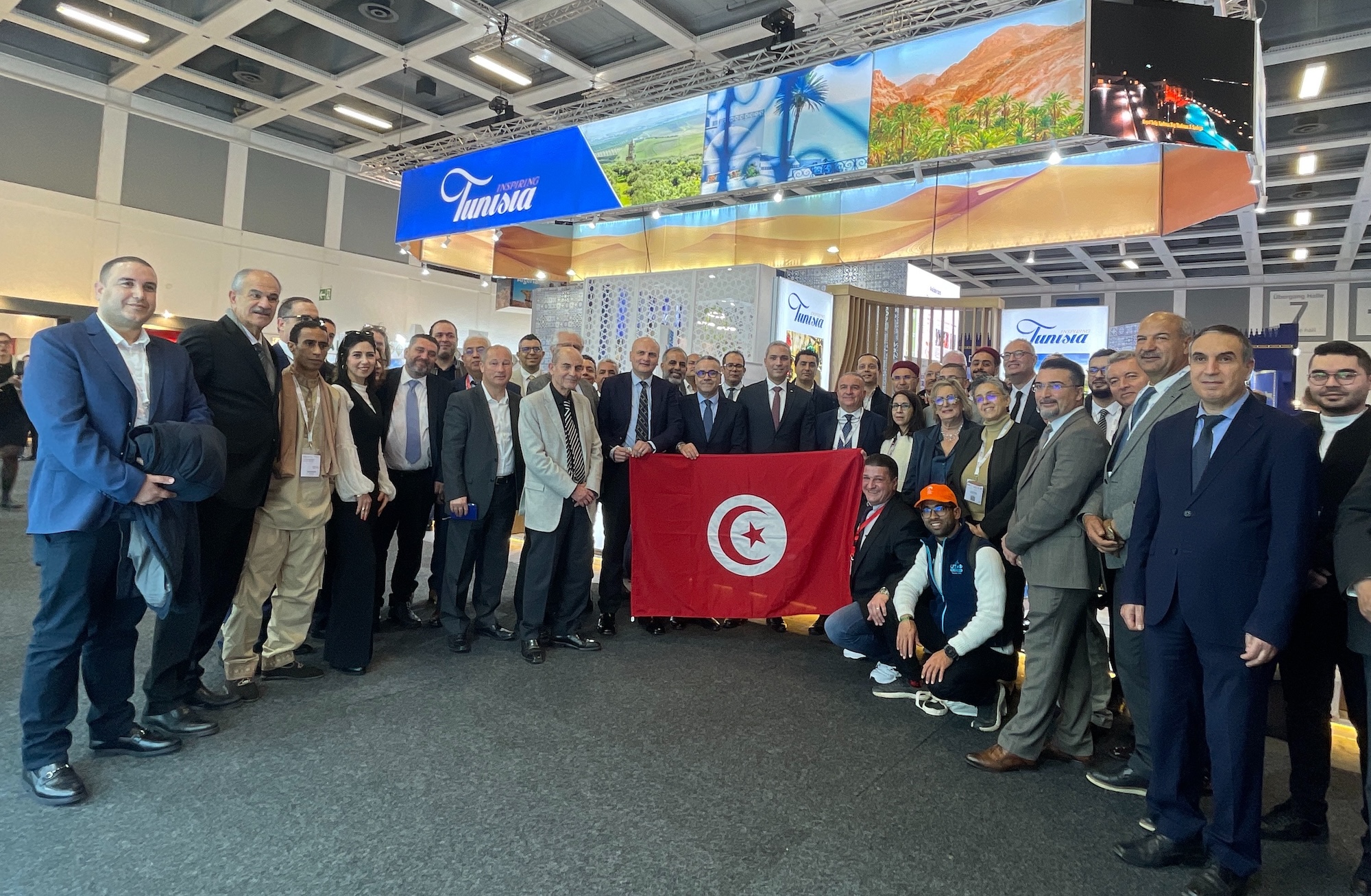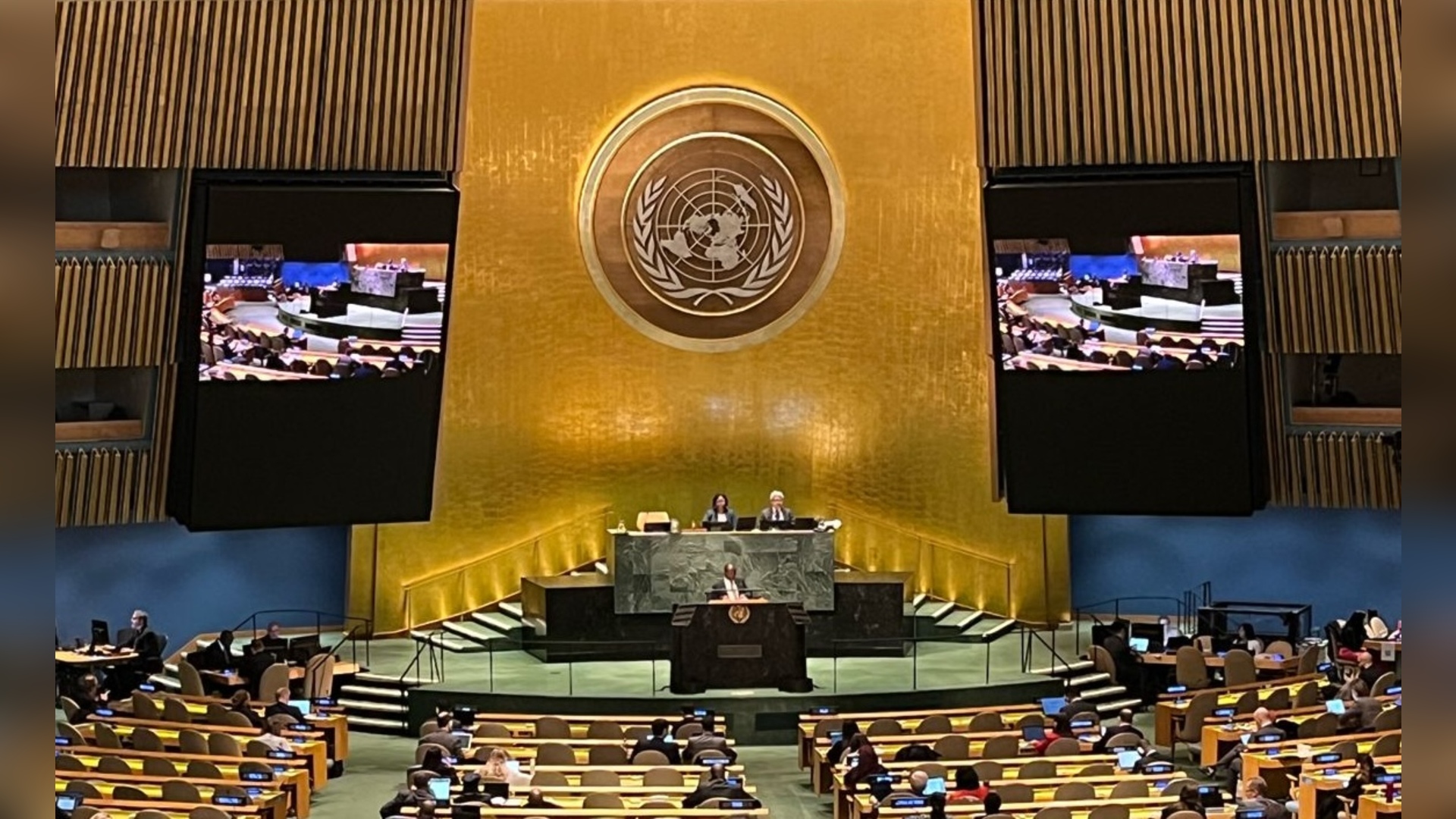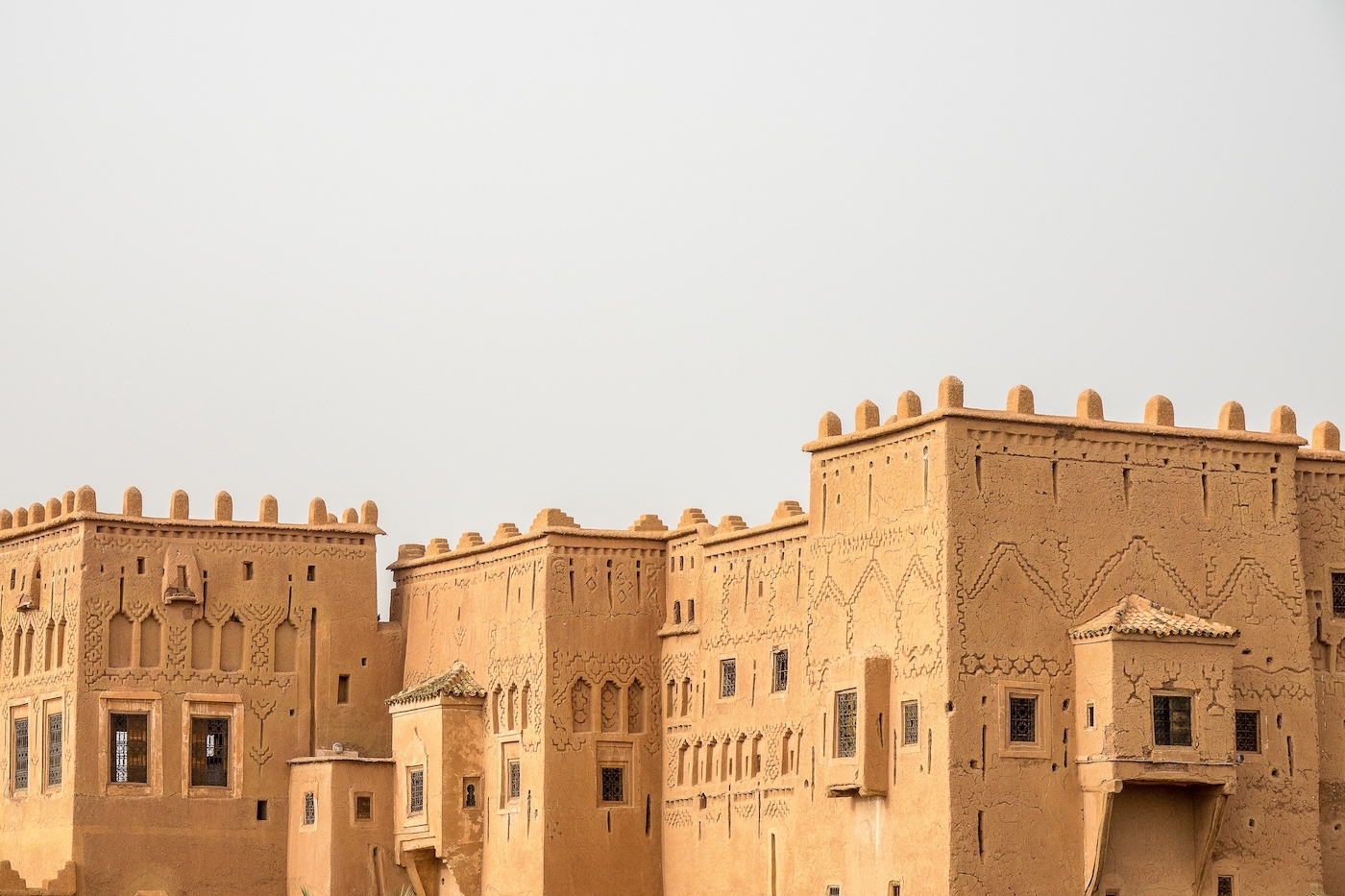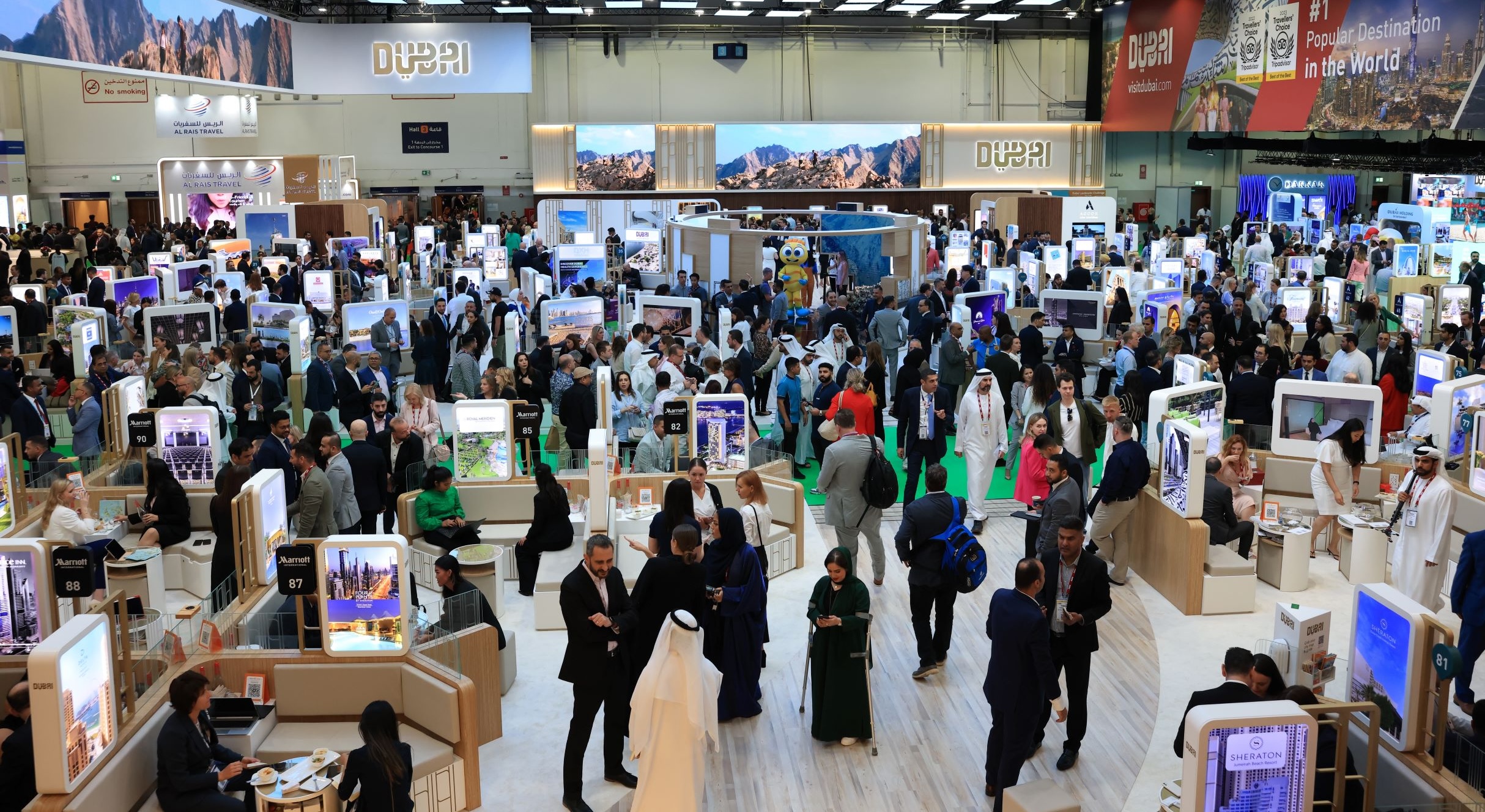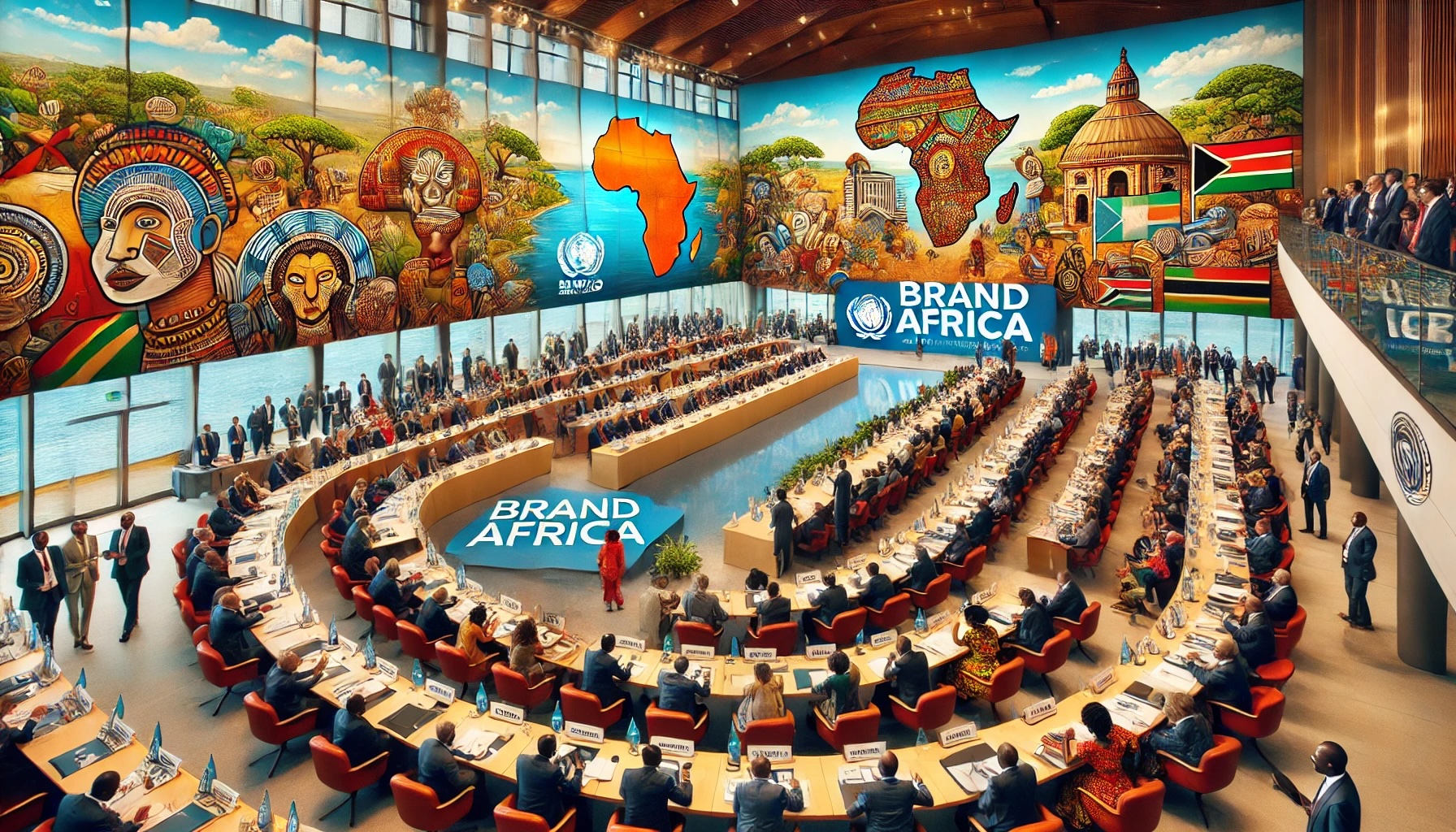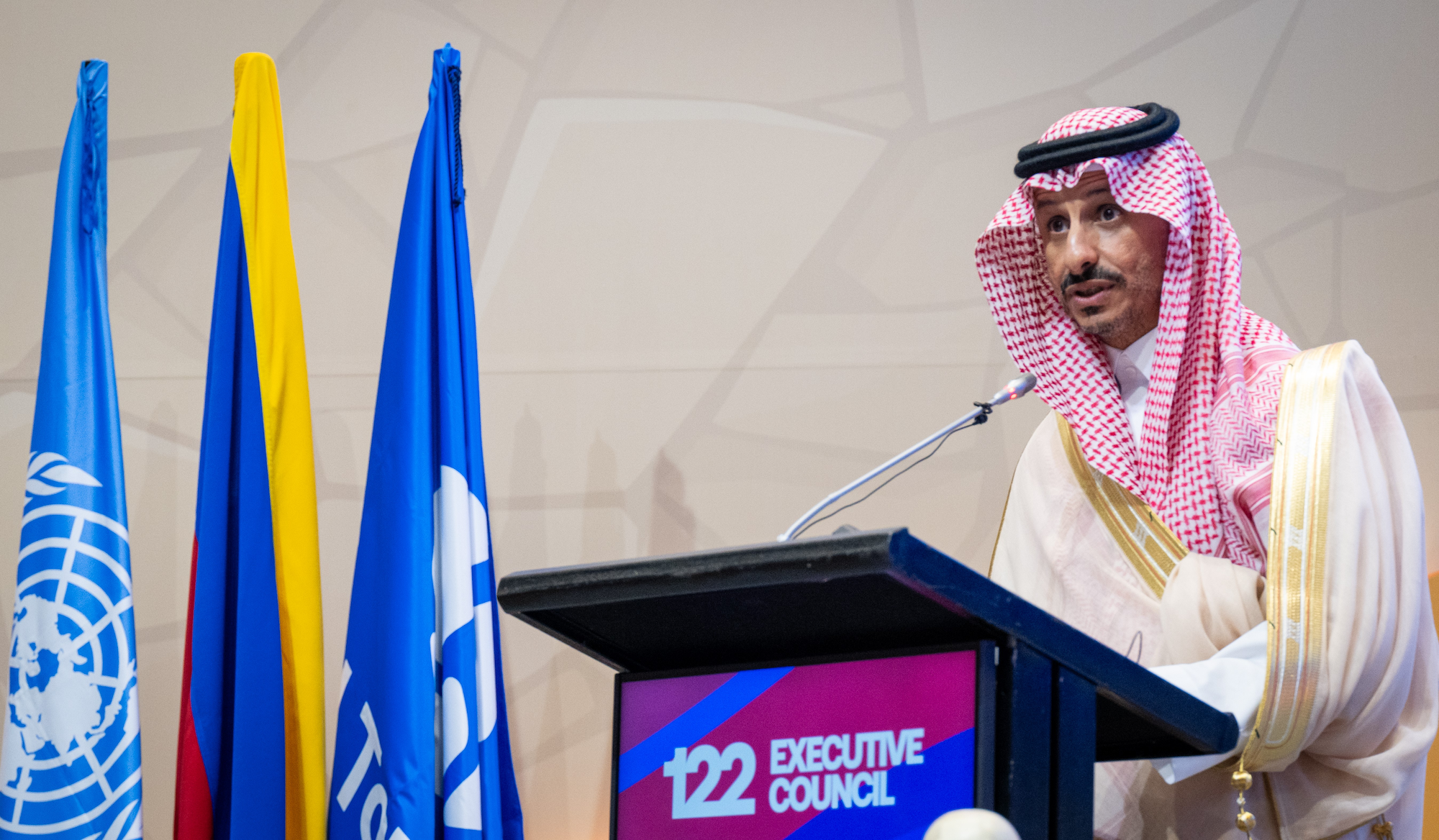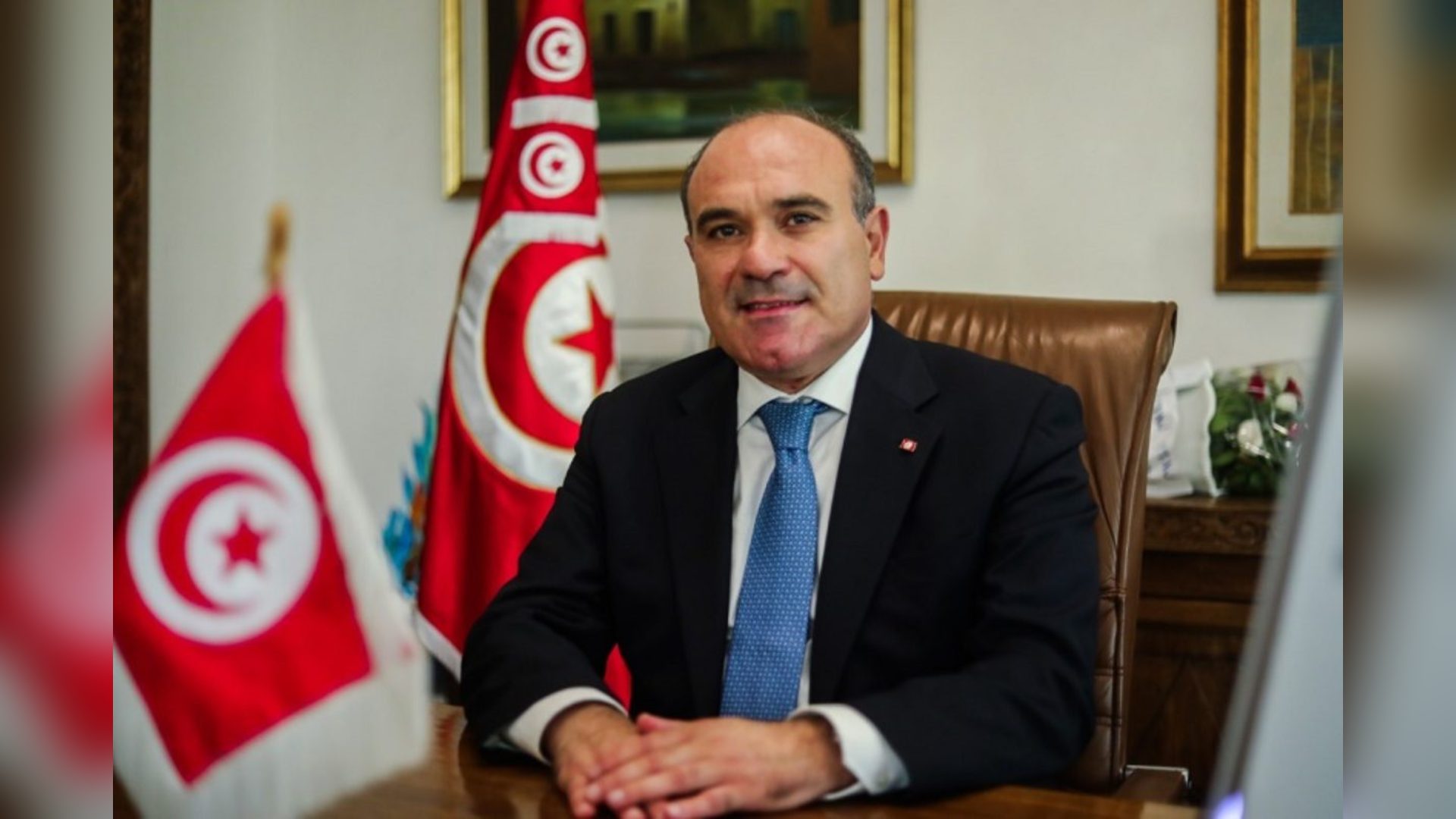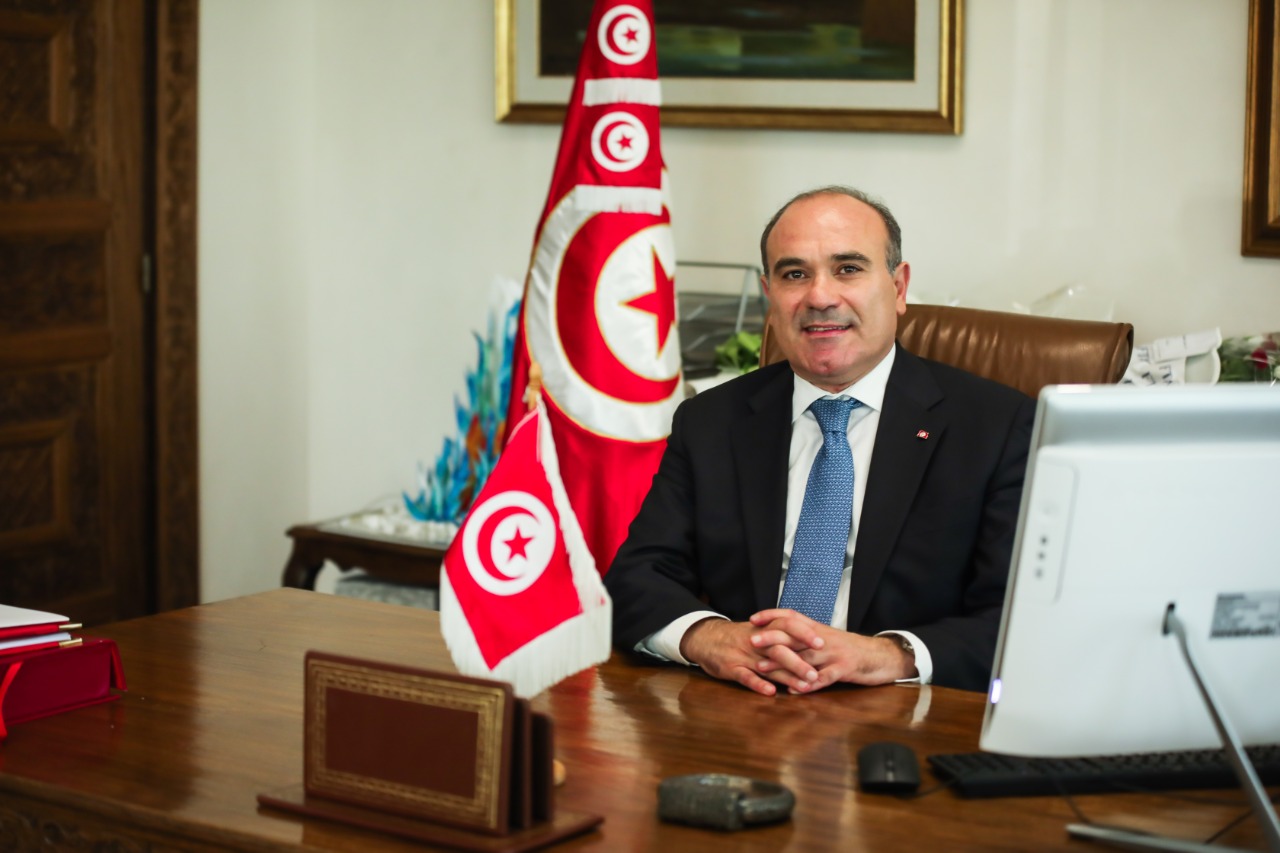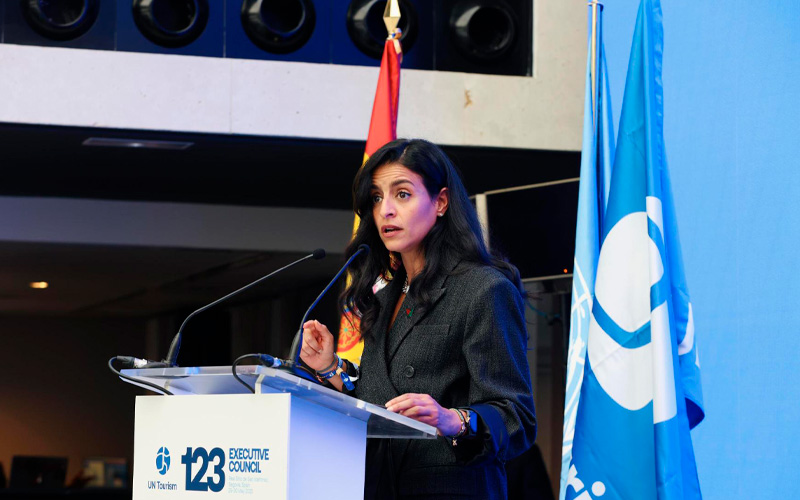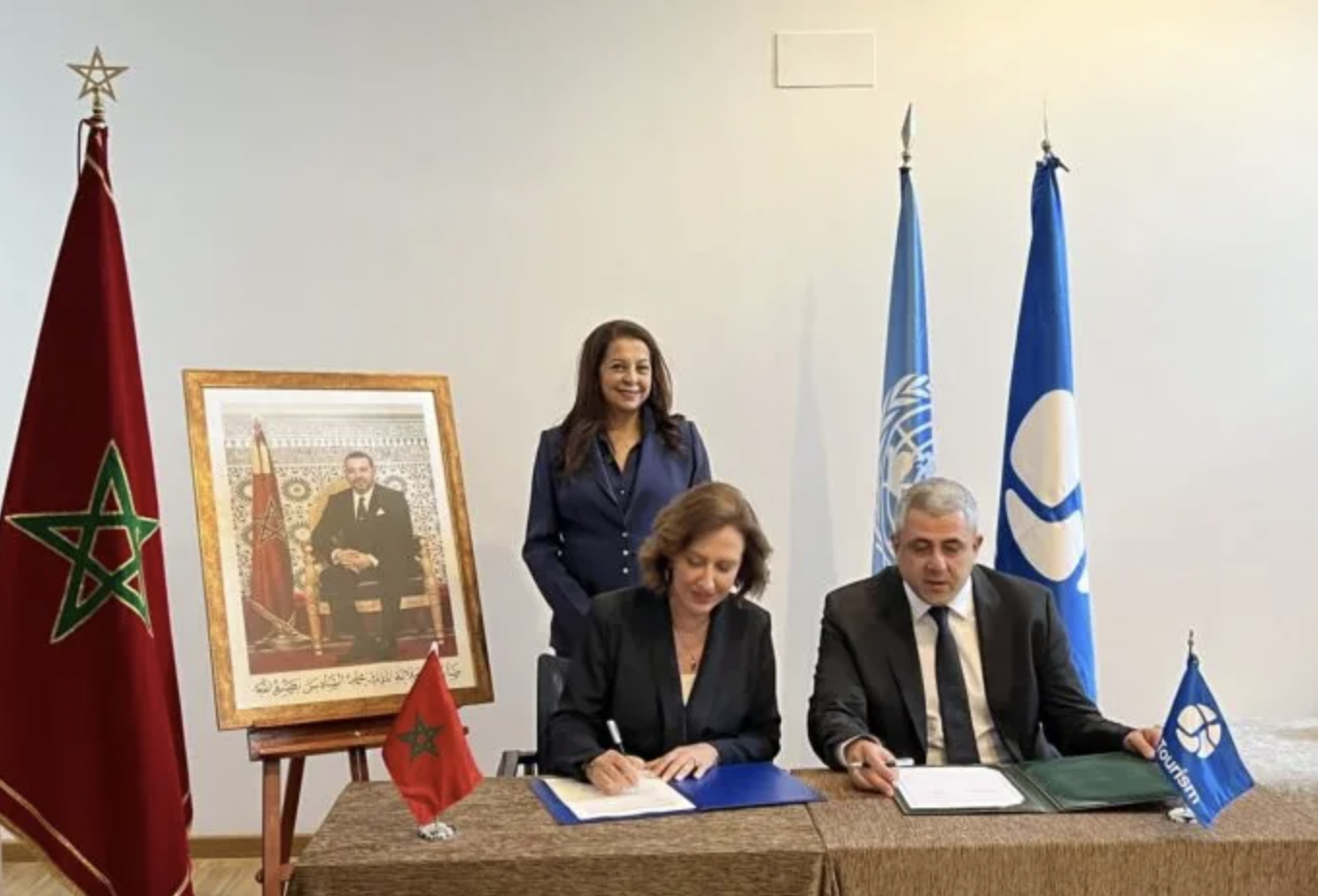Tourismag had the privilege of speaking with Zurab Pololikashvili, the Secretary-General of the World Tourism Organization (UNWTO), about the future of global tourism amidst the current challenges and opportunities. As the head of an organization pivotal to shaping the trajectory of the tourism industry, Mr. Pololikashvili provided invaluable insights into the strategies, initiatives, and innovations being implemented to foster sustainability, inclusivity, and resilience in tourism.
TOURISMAG :
What is your vision for the future of global tourism, taking into account the current challenges and opportunities?

By the end of this year, global tourism is very likely to have returned to pre-pandemic levels, UN Tourism’s latest data indicates. That’s a remarkable rebound from the biggest crisis in our sector’s history. In many destinations, arrivals numbers will even be above 2019 levels, showing that the desire to travel hasn’t gone away and, indeed, has got even stronger. But cannot be complacent. We recognize there are challenges ahead: Economic uncertainty, most notably the cost-of-living crisis affecting so many people, will affect travel plans. So too might political instability and insecurity. At the same time, we see many opportunities. UN Tourism data and insights show a growing demand for sustainable and responsible travel. If the sector adapts to meet this, we can significantly accelerate our climate action efforts. So too is there growing demand for unique and authentic travel experiences, away from established destinations and at different times of the year. Adapting to meet this demand will allow us to diversify tourism, building greater resilience and spreading the benefits – both social and economic – that tourism offers even more widely, including to rural commitments, for example.
TOURISMAG :
How does UNWTO intend to address the sustainability of tourism, finding a balance between economic benefits and environmental and social considerations?

Zurab Pololikashvili : UN Tourism recognizes the importance of addressing the sustainability of tourism to ensure that economic benefits are balanced with environmental and social considerations.One key approach is through the promotion of sustainable tourism policies and practices at the national and international levels. UN Tourism works closely with governments, tourism stakeholders, and local communities to develop policies that prioritize sustainability, minimize negative impacts on the environment, and promote social inclusivity and cultural preservation. We look beyond tourism’s economic impact. And in March 2024, all 193 members of the United Nations adopted our Statistical Framework for Measuring the Sustainability of Tourism (MST). This is a groundbreaking step forward that will help governments and destinations everywhere measure the full impact of our sector, giving them the data they need to make informed decisions to build greater resilience and sustainability.
Another crucial aspect of UN Tourism's approach is raising awareness and promoting responsible tourism behavior among travelers. Through campaigns and educational programs, UN Tourism seeks to inform tourists about the importance of respecting local cultures, protecting natural resources, and supporting sustainable tourism initiatives.
TOURISMAG:
What specific initiatives is UNWTO implementing to foster inclusive and responsible tourism, ensuring that local communities benefit from these efforts?

ZP: To take just one example, our Best Tourism Villages initiative is putting the spotlight on the power of tourism for rural communities around the world. So far, we have recognized around 130 villages from all global regions, all of them leading the way in showing what responsible and inclusive tourism looks like. Here, tourism’s potential is being fully realized, creating jobs and supporting businesses for local residents, while at the same time helping preserve and even celebrate culture and traditions. The Best Tourism Village accolade also gives tourists themselves the opportunity to travel more responsibly, safe in the knowledge that they are enjoying authentic experiences that directly benefit the communities themselves.
In the post-pandemic era, what strategies does UNWTO have in place to rebuild and enhance the resilience of the tourism sector?

Could you discuss the role of technology in shaping the future of tourism, particularly in improving traveler experiences and ensuring safety?

Technology also enables personalized experiences for travelers. With the use of data analytics and artificial intelligence, businesses can analyze traveler preferences and behavior to offer customized recommendations, itineraries, and services. This personalization enhances the overall travel experience by catering to individual needs and interests. Similarly, augmented and virtual reality technologies allow travelers to explore destinations and attractions virtually before visiting them physically. This immersive experience helps travelers make informed decisions and enhances their anticipation and excitement about their upcoming trips.
In response to the COVID-19 pandemic, contactless technologies have become increasingly important in the tourism industry. Mobile check-ins, digital payments, and touchless kiosks minimize physical contact between travelers and staff, reducing the risk of virus transmission and enhancing safety measures. On a more general level, technology plays a vital role in ensuring traveler safety and security. From biometric identification systems and surveillance cameras to emergency communication apps and GPS tracking devices, technology helps monitor and respond to potential threats or emergencies, providing travelers with peace of mind during their journeys.
Can you share insights into UNWTO's plans for promoting innovation in the tourism sector and adapting to the changing preferences of consumers?

ZP: UN Tourism is the leading organizer of innovation challenges and competitions in global tourism on specific verticals such as community-based tourism, hospitality, emerging technologies, green projects, while always including the Sustainable Developments Goals transversally. The open innovation approach is best way of firstly identifying the best innovators, start-ups and entrepreneurs and then supporting them to scale-up and make a real difference trough private and public partnerships. We have held more than 25 such competitions, with national and regional events, for example Panamá, Argentina, The United Arab Emirates and Colombia. The events, UN Tourism Tech Adventures, are high-level innovation forums that gathers key stakeholders to foster innovation, entrepreneurship and investments across the tourism valuechain. They are fundamental for giving visibility to the entrepreneurs and a great stepping stone for further collaborations. Through them we have connected start-ups with investments totalling US$ 2 Billion.
At the same time, we support our Members meet the changing demands of consumers. We recognize the growing demand for different types of tourism, so we lead the way in international events on wine tourism, gastronomy tourism, cultural tourism and more, connecting leaders and advancing best practices.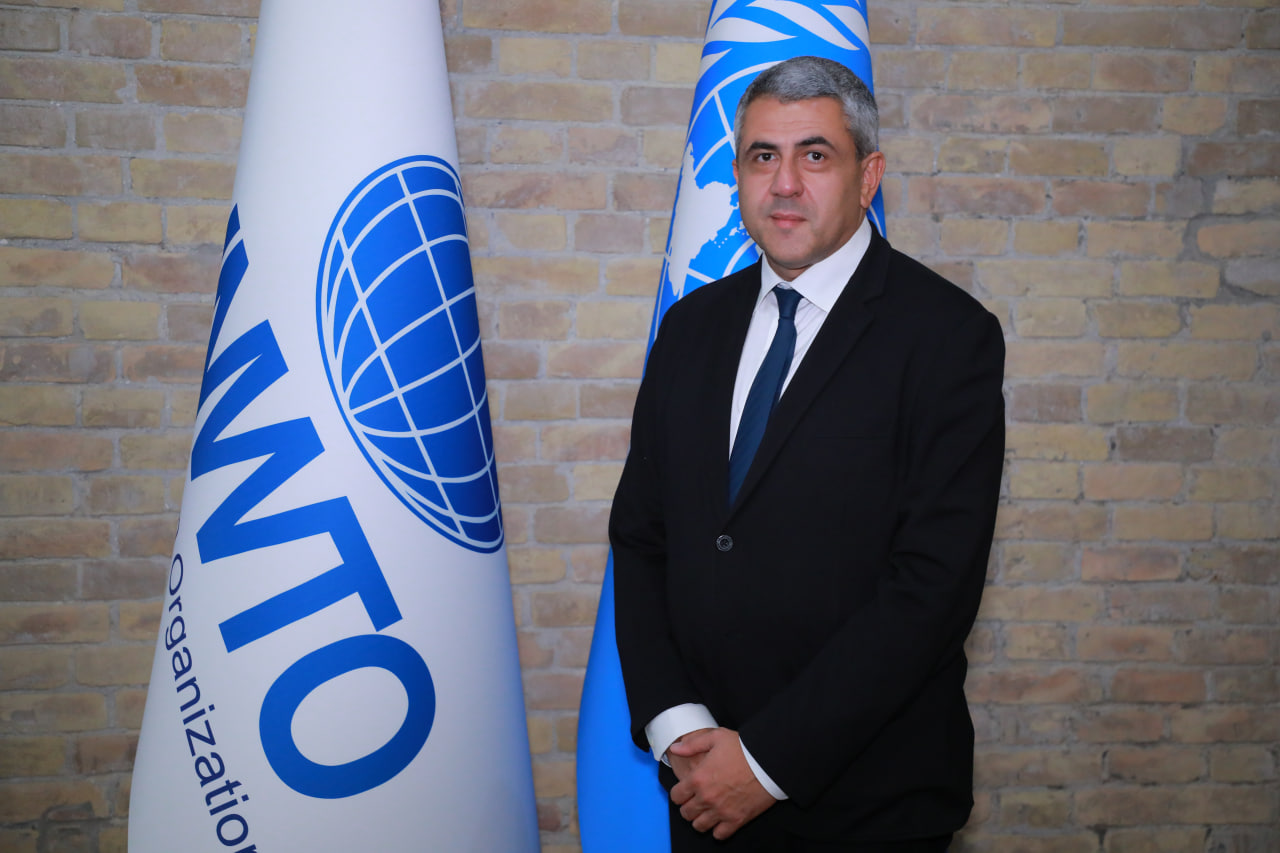
In an era marked by rapid change and uncertainty, the vision outlined by Mr. Pololikashvili and the UNWTO offers a beacon of hope for the tourism sector. By prioritizing sustainability, inclusivity, and innovation, they aim to not only rebuild the industry post-pandemic but also to ensure its long-term viability and positive impact on both local communities and the environment. With concerted efforts and collaboration across stakeholders, the future of global tourism holds the promise of responsible growth, enriching experiences, and enduring resilience.


